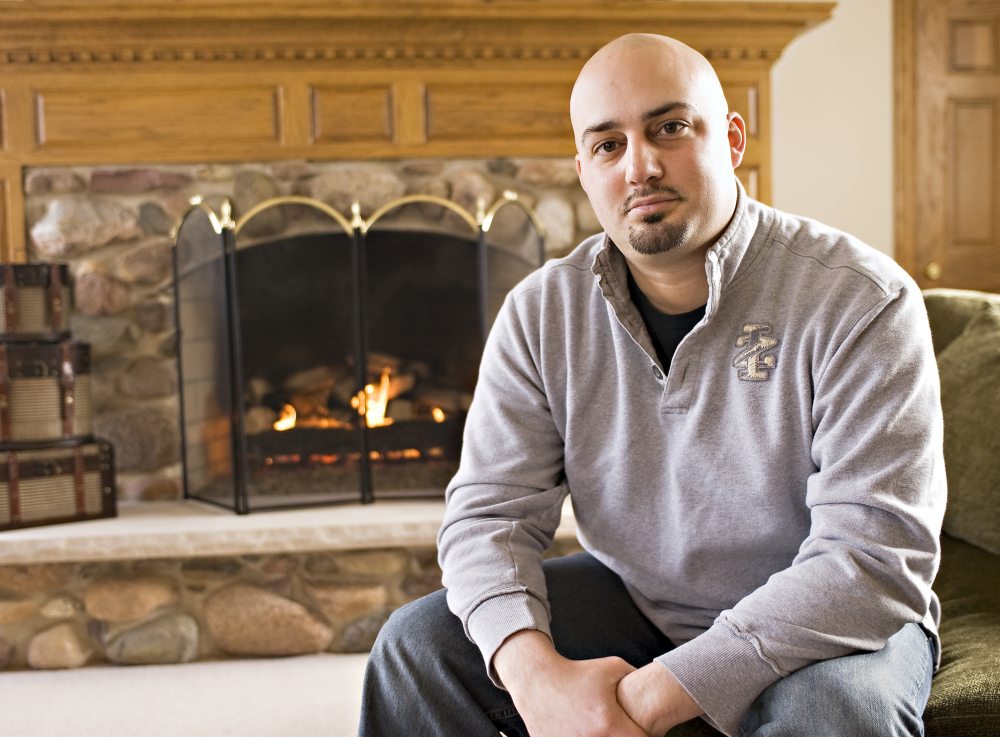WASHINGTON — The Obama administration is promising to change the way travelers can ask to be removed from its no-fly list of suspected terrorists banned from air travel.
The decision comes after a federal judge’s ruling that there was no meaningful way to challenge the designation, a situation deemed unconstitutional. In response, the Justice Department said the U.S. will change the process during the next six months. As of late last summer, about 48,000 people were on the no-fly list.
The government’s policy is never to confirm or deny that a person actually is on the no-fly list, citing national security concerns. In most instances, travelers assume they are on the list because they are instructed to go through additional screening at airports or because they are told they can’t board their flights to, from or within the United States.
The no-fly list is one of the government’s most controversial post-9/11 counterterrorism programs because of its lack of due process, long criticized because people cannot know why they were placed on the list and lack a way to fight the decision. Changing how people can challenge their designation could amount to one of the government’s most significant adjustments to how it manages the list.
“It’s long past time for the government to revamp its general procedures,” said Hina Shamsi, an attorney with the American Civil Liberties Union. Shamsi is among the attorneys who represent 13 plaintiffs who sued the federal government over the current policy, saying it violates their constitutional right to due process. Earlier this summer, a federal judge in Portland, Oregon, agreed with them. The government is offering few details about upcoming changes. In a court filing earlier this month, it said it will “endeavor to increase transparency for certain individuals denied boarding who believe they are on the No Fly List.”
A plaintiff in the Portland lawsuit, Abe Mashal, was unable to print his boarding pass before a flight out of Chicago four years ago. A counter representative told him he was on the no-fly list. Mashal appealed the same day but six months later the government responded, “no changes or corrections are warranted at this time.” He appealed the decision in May 2011. Nine months later, the government said its ruling was final.
Copy the Story LinkSend questions/comments to the editors.



Success. Please wait for the page to reload. If the page does not reload within 5 seconds, please refresh the page.
Enter your email and password to access comments.
Hi, to comment on stories you must . This profile is in addition to your subscription and website login.
Already have a commenting profile? .
Invalid username/password.
Please check your email to confirm and complete your registration.
Only subscribers are eligible to post comments. Please subscribe or login first for digital access. Here’s why.
Use the form below to reset your password. When you've submitted your account email, we will send an email with a reset code.